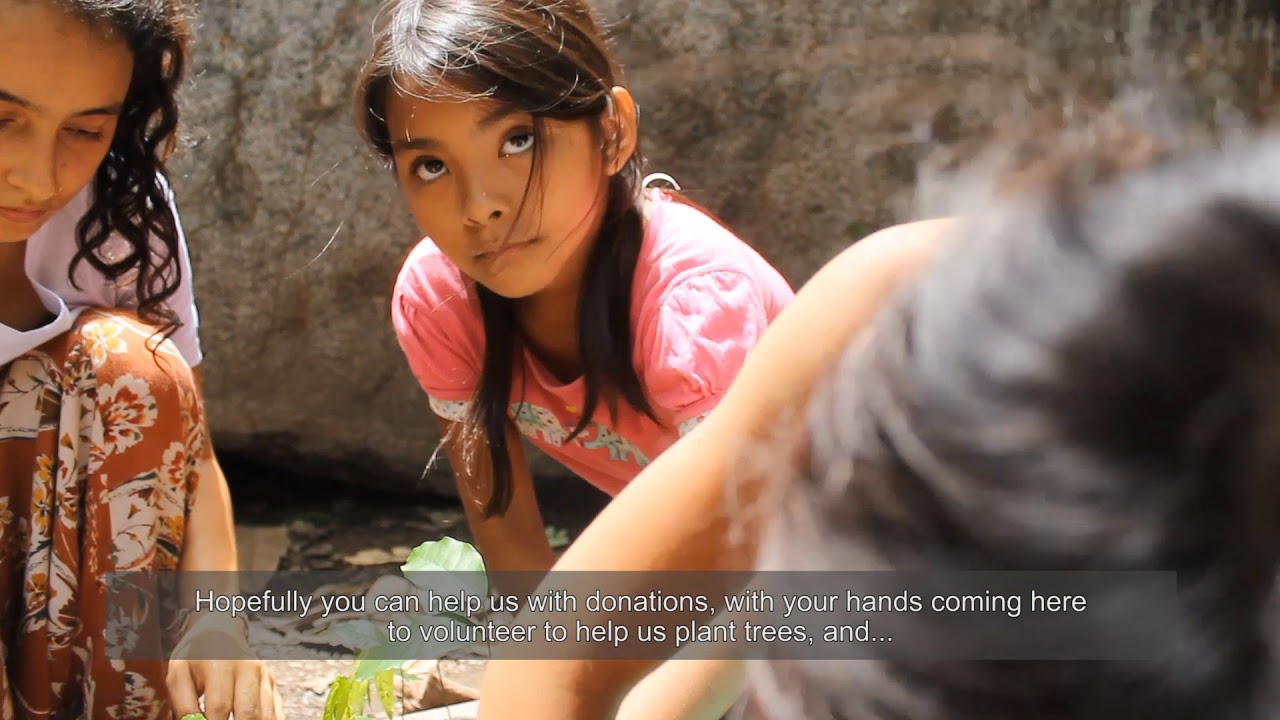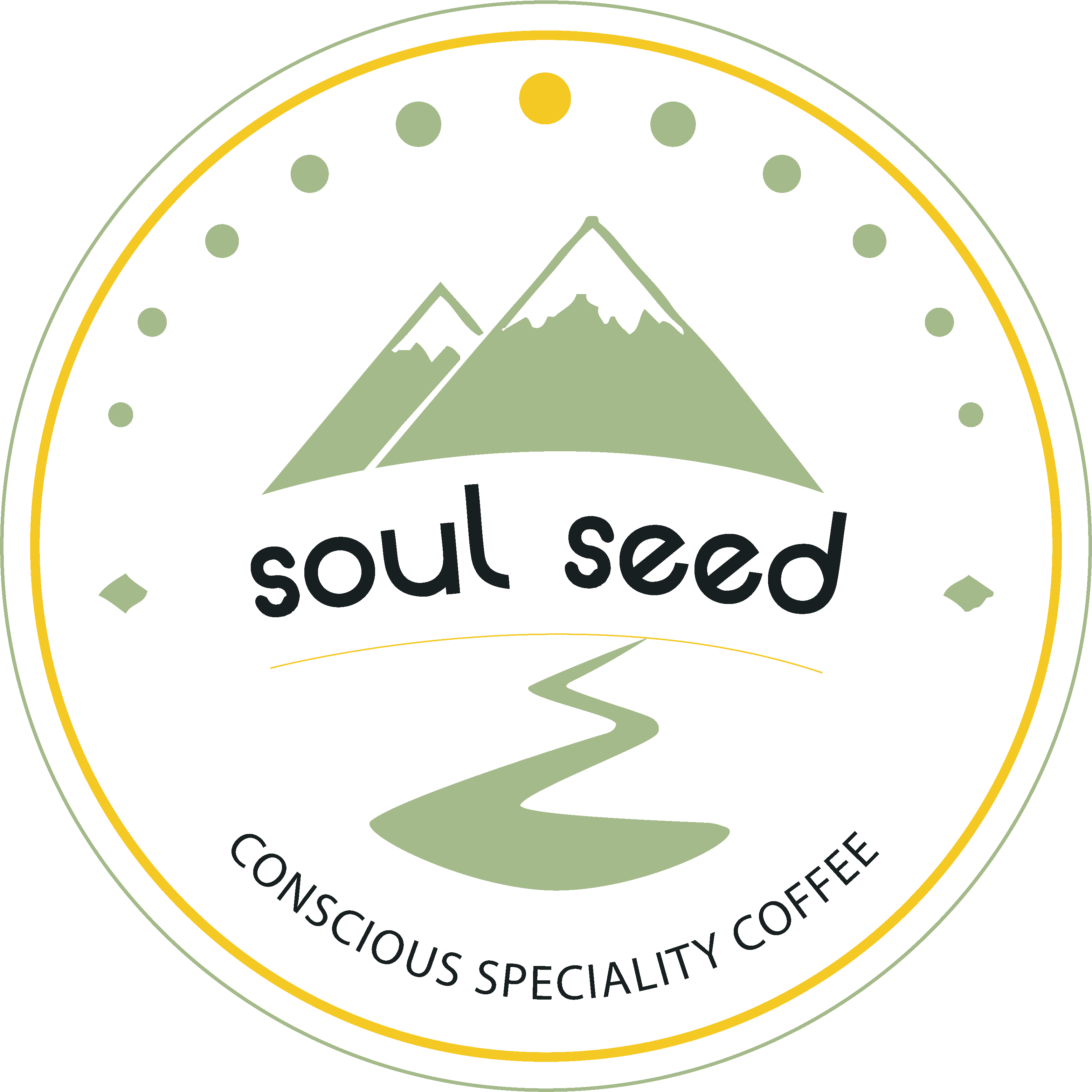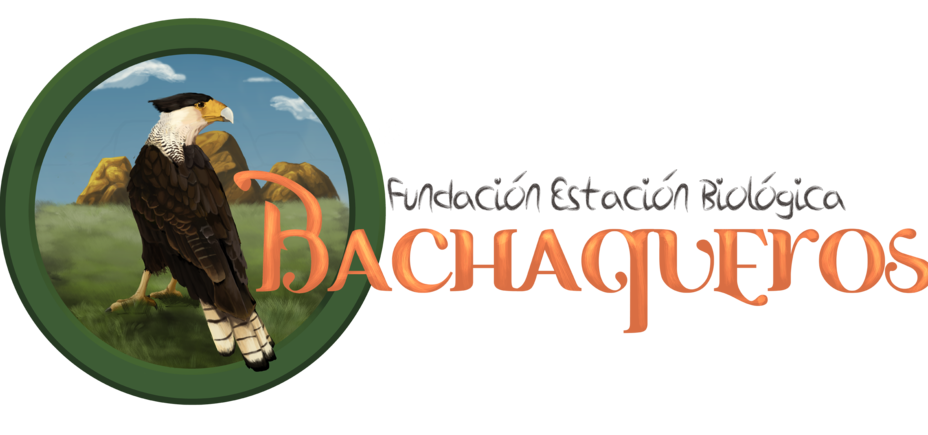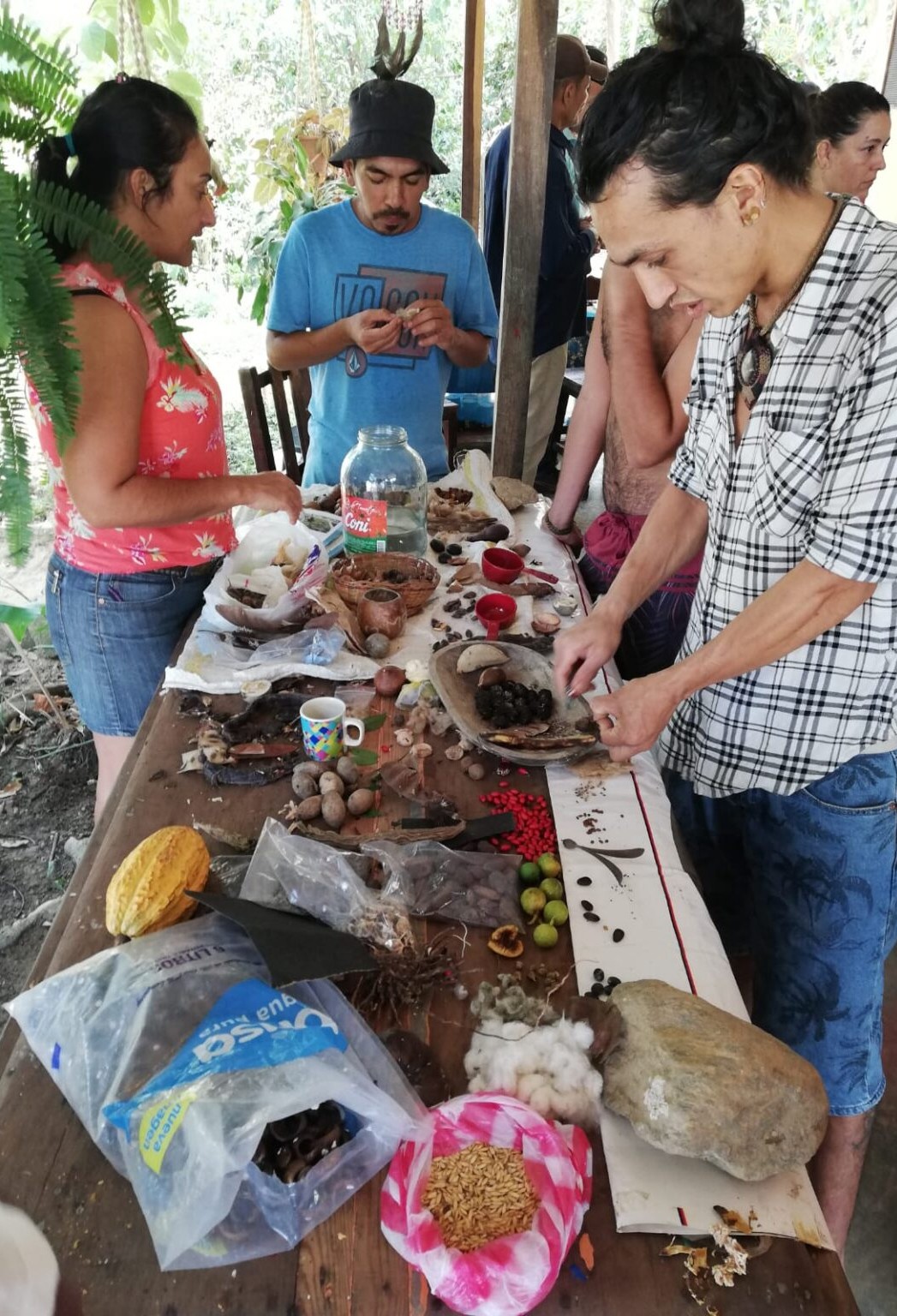
Native Forest Revival Project–“Viveros Hermanos”–Participative Restoration Initiative
The native forests revival project (Local name : Viveros hermanos ) was designed by FEBB in order to continue its work to restore ecosystems and promote social and ecological connectivity in regions affected by loss of biodiversity and water shortage. The project resulted from a collaboration between FEBB and Make Me Smile International, in response to their goal of planting 1.000.000 native trees.
This ambitious project was formally initiated on the 2nd of December 2019, with its first phase and goal of producing and planting 100.000 trees in the time frame of 18 months.
The FEBB also contributes 25 years of experience in building methodologies to work with local communities on ecological restoration and rehabilitation. Furthermore, their work focuses on the recovery of natural water sources and ecosystems that are of cultural importance for the indigenous communities of Colombia. The project includes the implementation of agroforestry systems, urban tree planting and other plating activities with local farmers and indigenous communities.
Native Forest Revival especially emphasizes on recovering threatened local flora and planting native hardwood species in accordance with the international list for threatened species.
Methods
The method created for this project is called social axial dynamic research which is a variation of the Colombian sociologist Fals Borda research method. In conjunction with other methods used for the restoration of ecosystems, the project follows the steps from the Colombian National Plan of ecosystem restoration.
Results and approach
The FEBB set the goal for the first phase of this project to produce and plant 100.000 native trees together with local communities. A total of 75 species will be planted, of which 15 types are in danger of extinction. This is being realized through the training and engagement of ¨6 ”Forest guardians“ who have already organized over 60 workshops in 5 different areas throughout the Caribbean coast and the Sierra Nevada mountain range. In the workshops, local communities, farmers, and indigenous groups are trained on how to identify seeds, how to germinate them and how to set up nurseries to produce new trees. Additionally, their knowledge about tree varieties, their medicinal use and how to conserve and protect existing forests is strengthened.
Another goal of the project is to promote the identification of certain tree species as potential food sources, medicines and use for cosmetics in order to support the local farmers and realize our vision of building a circular economy through these networks.
During the first 11 months of the project up to this date, the FEBB built up a team of local volunteers and employees as well as contracting trainers for the workshops.
The network of micro – and macro nurseries constitute an interconnected web of ecosystems to protect areas and defend trees of cultural and ecological importance. It has created a fertile ground for the investigation of native flora and the exchange of knowledge on the sustainable use and trade of products associated with the biodiversity of the planted trees. This project helps to create an exchange between different nurseries and reintroduce plant species which have been extinguished in certain areas. We have connected many different communities and its people through a common purpose to protect their land, exchange knowledge and fight climate change. By interconnecting different micro nurseries and their farms and restoring their natural forest we also intend to protect and restore wildlife corridors for animals like the Jaguar.
Through a diagnostic process we identify which seeds to recollect at each farm and choose the right parcel, in which to plant the species and indicate quantities to be planted. However this process was slightly delayed due to the need to reduce on-site visits because of the pandemic.
The tree production process in the VIVEROS HERMANOS – NATIVE FOREST REVIVAL PROJECT is creating and interconnecting microclimates, while protecting existing water sources and restoring damaged ones to provide water availability for the local communities and thereby reduce the effects of climate change.
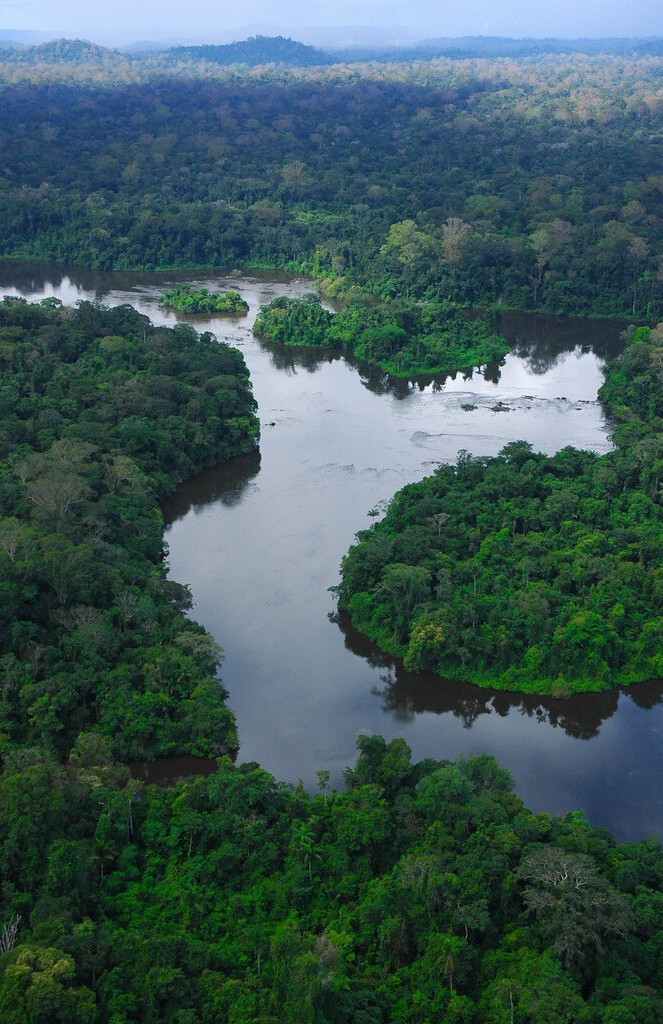
Donate
Together we can save the environment – one tree at a time!
The climate is changing and we need to act now. The consequences of climate change will be devastating and will most likely hit the poorest people the hardest. With your donation we can continue our efforts to restore the ecosystems and plant 1.000.000 trees.
Find out more:
Donation Account
-
Austria: Make Me Smile International
IBAN: AT53 2011 1829 6886 8700
BIC/SWIFT-Code: GIBAATWWXXX -
Switzerland: Make Me Smile International
IBAN: CH53 0873 3045 2887 5615 0
BIC/SWIFT-Code: BKTHCH22XXX -
Germany: Make Me Smile International e.V.
IBAN: DE06 8306 5408 0004 2374 80
BIC/SWIFT-Code: GENO DEF1 SLR -
Luxembourg: Make Me Smile International a.s.b.l.
IBAN: LU21 0030 1953 2093 0000
BIC/SWIFT-Code: BGLLLULL
